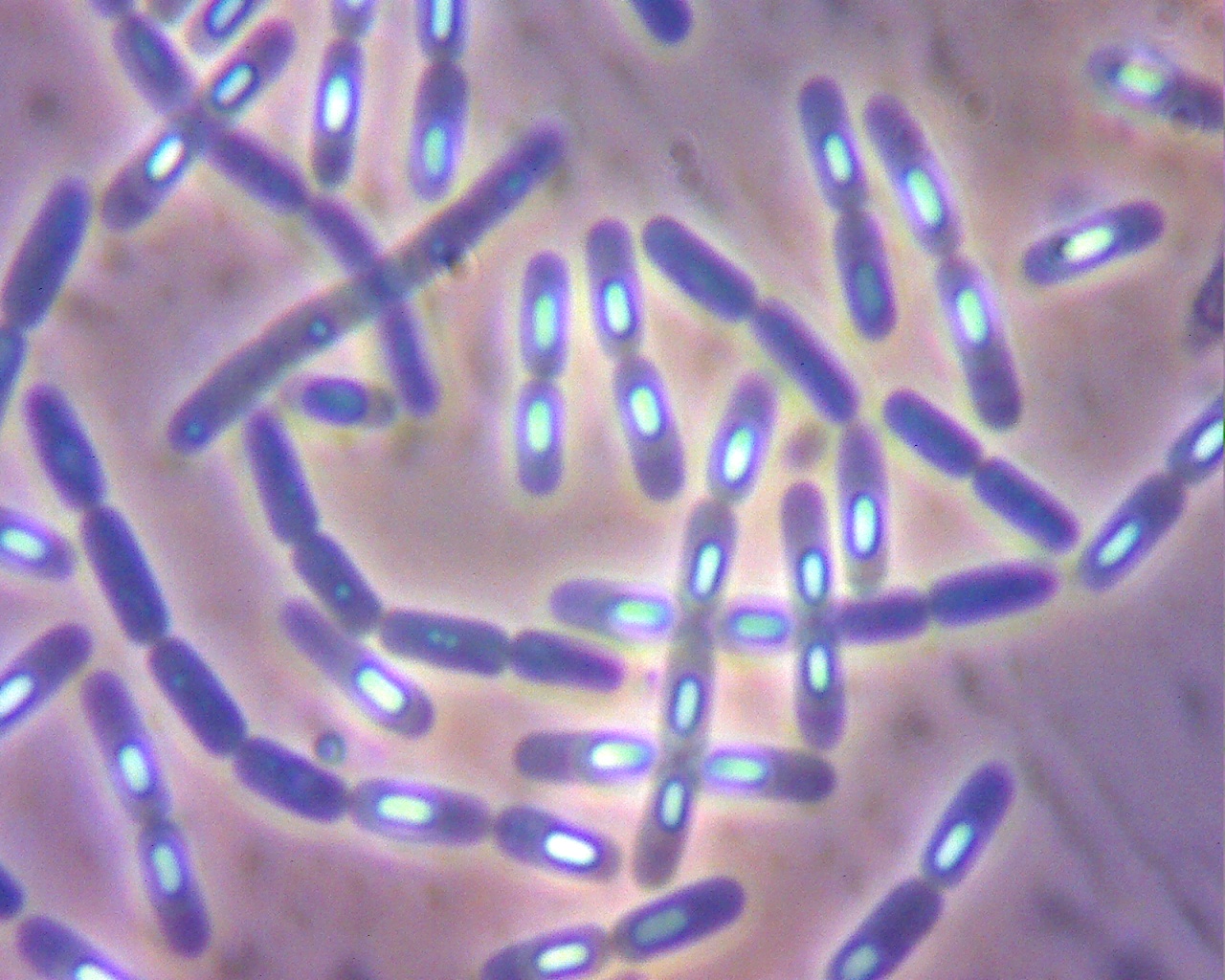The Autonomous University of Barcelona has just released the latest publication within the DECISIVE project framework on obtaining certain bioproducts from solid state fermentation using digestate and other raw wastes as feedstock.
In order to decrease the cities’ environmental impacts and to contribute to a better resilience of urban areas addressing energy or food supply crisis, waste management systems have to be rethought to drive prevention and local valorisation of waste through new circular systems. In this context, the objective of the DECISIVE project is to demonstrate the ability to decrease the generation of urban waste (from households and assimilated) and increase recycling and recovery by focusing efforts on decentralised management and valorisation of the organic fraction of
waste (i.e. biowaste), in a short cycle. To achieve this objective, the DECISIVE project will develop and demonstrate eco-innovative solutions that include, among other tools, the use of Solid State Fermentation (SSF) technology.
In general terms, SSF presents important advantages over conventional submerged fermentation such as reduced energy requirements, high productivity and less inhibitory effects for enzyme production. However, its application at the industrial scale appears to be hindered by technology issues, such as reactor design, heat transfer issues or sterilization costs.
In terms of SSF, the limits can be solved with a strong background in composting science as held by the Autonomous University of Barcelona (UAB). Currently, and based on that knowledge, UAB is developing and facing an easily scalable SSF process. SSF can be applied to urban wastes to obtain valuable products. The potential transformation of the targeted wastes into valueadded products is of high interest for all the communities, providing a solution for the management of these materials and an economic benefit by the use or commercialization of the products obtained. A small scale multifeedstock biorefinery will allow for the management of wastes in-situ, avoiding economic and environmental costs related to waste transportation, and providing new business models for the circular economy, also very necessary in many areas. As a consequence, SSF is a promising technology to be considered as a completely innovative solution for biowaste in the EU: no patent describing bioproducts production from SSF of urban biowaste has been identified in different sources such as the European Patent Office (EPO).
This publication, titled “Report on the possibilities of digestate (and other wastes) as raw materials for SSF processes to obtain certain bioproducts”, which contains results of several test runs at the Autonomous University of Barcelona aims at providing a complete overview of the possibilities of valorisation of digestate and other wastes into bioproducts using the solid state fermentation technology. This report details the productivities of the process and the different optimization strategies for the improvement of the productive process.
The publication can be downloaded here.

